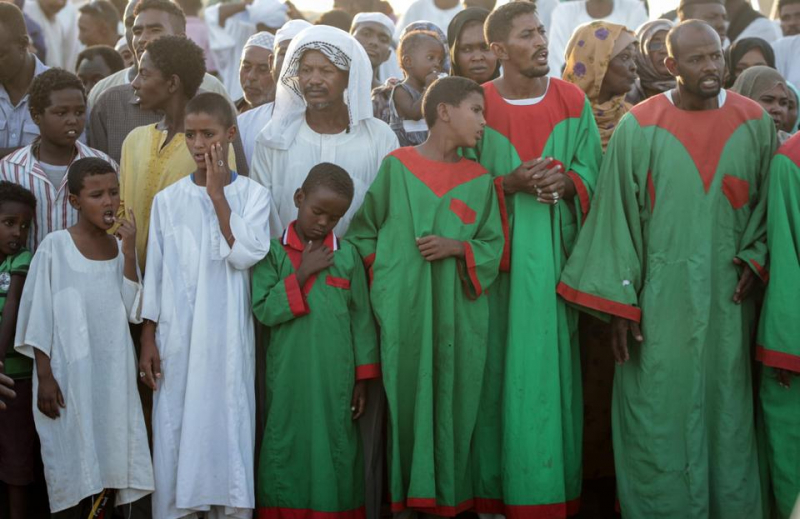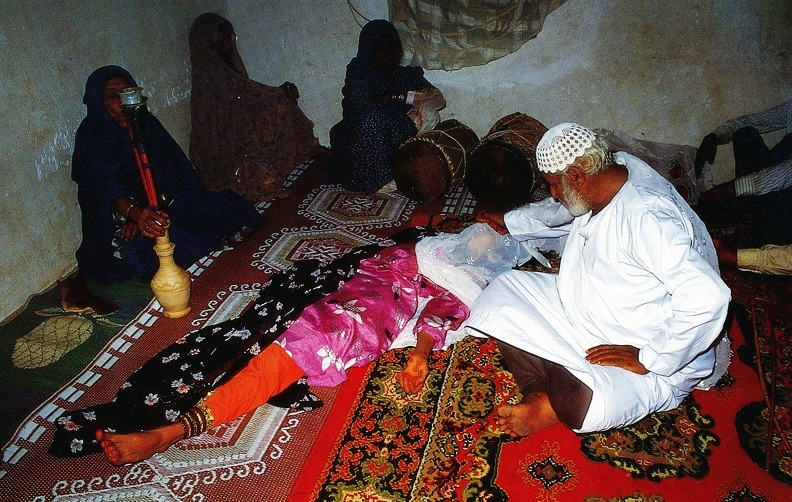Rituals and Holy Places
Ramadan is the Islamic calendar's most significant observance. The joyful feast of Eid al-Fitr, which takes place after this fasting month, is followed by family gatherings and gift-exchanging. Eid al-Adha honors Muhammad's completion of his Hajj. The arrival of a pilgrim from Mecca and a child's circumcision are two more occasions for rejoicing.
Weddings also feature numerous days of festivities, hundreds of guests, and intricate customs. The henna night, where the groom's hands and feet are coloured, kicks off the celebrations. The bride then gets ready the following day, having all of her body hair removed and getting her own henna decorations. She uses a smoke bath to give her body some fragrance.
The religious ceremony is actually quite informal; in fact, the bride and groom are frequently represented by male relatives who sign the marriage license on their behalf. The holiday celebrations last for several days. The bride and groom's hands are bound together with silk thread on the third morning to symbolize their unity. The harvest celebration, which occurs after the crops are brought in, and the rainmaking ceremony, which encourages a fruitful growing season, are two of the most significant occasions.
The place of worship for Muslims is the mosque. There are washing facilities outside the door because prayer, which shows humility before God, requires cleanliness as a precondition. Before going inside the mosque, shoes must also be taken off. Women are not permitted inside, in accordance with Islamic custom. There isn't an altar inside; there's just a large, carpeted area. There is a little niche carved into the wall pointing in the direction of Mecca since Muslims are expected to pray facing the city.
Cattle sheds are used as shrines and social meeting spots by the Dinka and other Nilotic peoples. Death and life after death. Following a death, there are many days of mourning in the Muslim faith, during which friends, family, and neighbors pay their respects to the family. For several months to a year or more after the death, female relatives of the deceased wear black. Typically, widows don't get remarried, and they frequently live their entire lives in mourning. Muslims do have faith in death and judgment.









